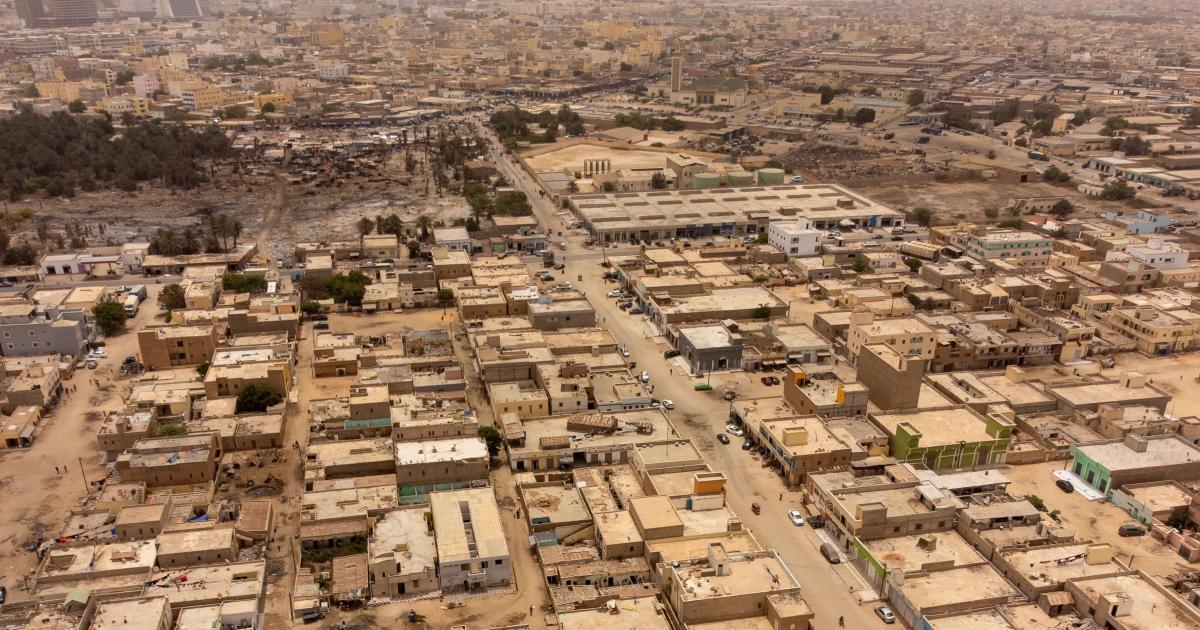
Senegal’s decision to enlist the French law firm Gide in the ongoing Arcelor Mittal dispute has ignited debate over the balance between international expertise and the promotion of local legal talent.
The State Judicial Agent had already appointed Senegalese lawyers Bamba Cissé, Ciré Clédor Ly, and Henri V. Gomis to represent the nation.
These lawyers filed a complaint alleging criminal conspiracy, corruption, money laundering, receiving stolen goods, fraud, and complicity.
Their involvement challenges the perception that domestic practitioners have been sidelined entirely.
Supporters of the decision argue that hiring Gide was a strategic necessity, as the 2014 settlement agreement was concluded under French law. They contend that working alongside a French firm enhances Senegal’s chances of success in navigating the legal complexities abroad. The management of funds in CARPA accounts by French lawyer François Meyer, reportedly without prior consultation with Senegalese counsel, highlights the tensions but also underscores the practicalities of cross-border legal collaboration.
Senegal initially pursued claims amounting to 3,300 billion CFA francs before the International Chamber of Commerce. However, the case concluded with a $150 million settlement governed by French law, a resolution that continues to stir controversy within the country.
Critics argue the move undermines national expertise. Lawyer Juan Branco condemned the reliance on “Western firms with stratospheric fees,” insisting that Senegal already possesses “some of the finest lawyers in the world.” He accused the administration of clinging to practices rooted in the old regime while overlooking legal professionals who took significant risks during political protests.
The case has reopened broader discussions on legal sovereignty: should Senegal default to foreign counsel when contracts are tied to external jurisdictions, or should greater investment be made to elevate and prioritize local legal expertise in high-stakes disputes?
As the debate grows, the Arcelor Mittal case has become a flashpoint in defining how Senegal balances its international legal strategy with its ambitions for domestic legal empowerment.



